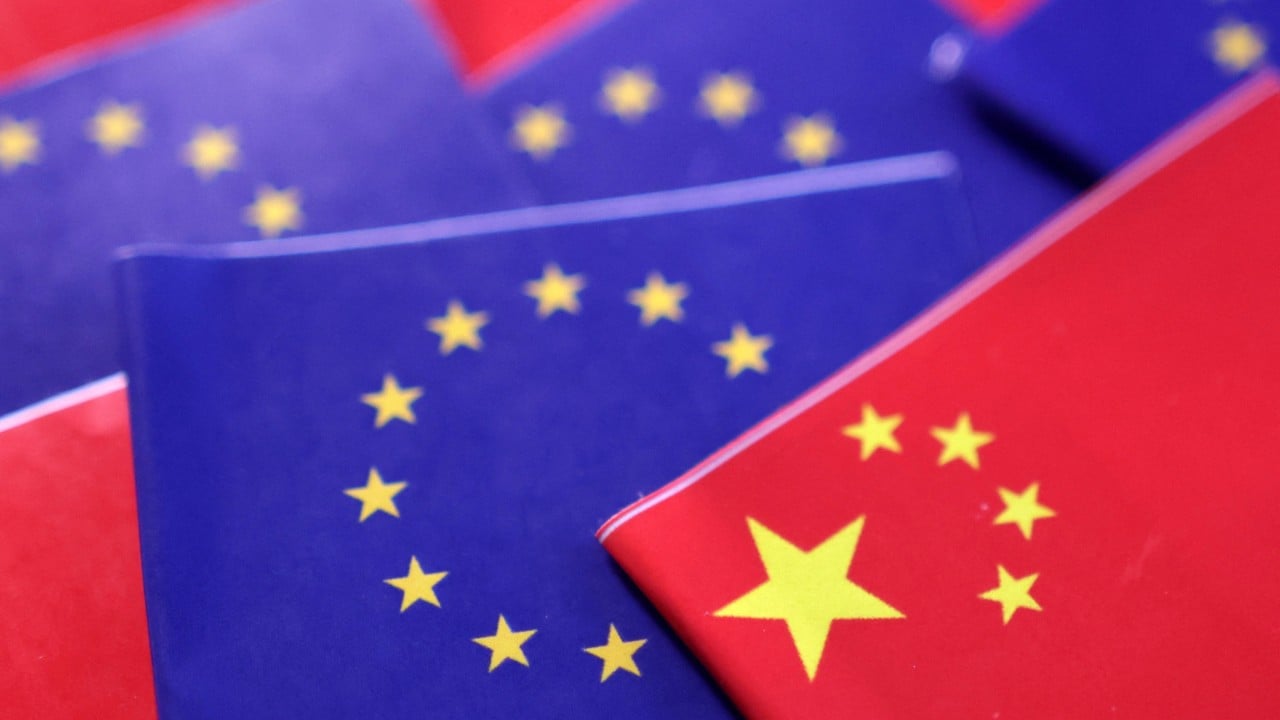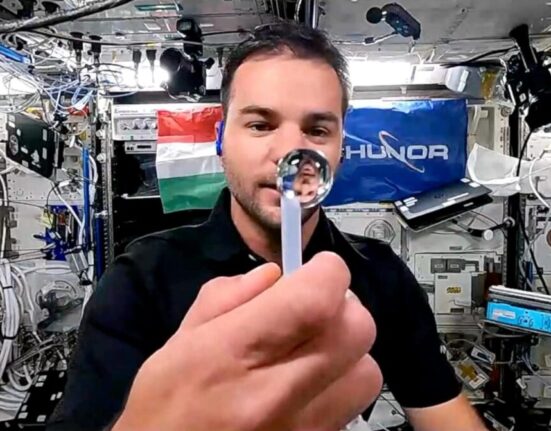European officials are sounding the alarm, calling for urgent action to reduce dependency on China for rare earth minerals. This plea comes in the midst of escalating trade tensions between the United States and China, with the European Union caught in the crossfire. The EU is facing a dual threat – on one side, the impact of tariffs imposed by the US, and on the other, the strategic chokehold that China has on rare earth exports, a critical component in various high-tech industries.
Bart Groothuis, a Member of the European Parliament representing the centrist Renew Europe group, led by French President Emmanuel Macron’s Renaissance party, highlighted the severity of the situation, stating, “Europe faces dual coercion: Trump’s tariffs and more threateningly, China’s strategic chokehold on rare earth exports. This is not collateral damage from the China-USA dispute, this is intentional to hit Europe.” Groothuis’s remarks underscore the deliberate nature of China’s actions, signaling a targeted approach aimed at exerting pressure on the EU’s industrial and technological sectors.
While the concerns raised by European officials are well-founded, experts caution that reducing dependency on Chinese rare earths is a complex and time-consuming process. Analysts project that China will continue to hold a significant position as a rare earth supplier for the foreseeable future, estimating that Europe may remain reliant on Chinese imports for the next decade or more. Holger Goerg, the director of the international trade and investment research group at the Kiel Institute for the World Economy, outlined Europe’s strategic approach, emphasizing the need to bolster recycling capabilities and establish alternative import agreements with other countries. However, Goerg emphasized that these efforts would require considerable time and resources to materialize effectively.
The EU’s strategy to diversify its rare earth sources rests on two key pillars: enhancing recycling infrastructure and fostering trade partnerships with alternative suppliers. Increasing recycling capacity offers a sustainable solution to reduce reliance on external sources and mitigate the impacts of supply disruptions. Simultaneously, negotiating agreements with other nations for rare earth imports serves to create a more resilient supply chain, shielding the EU from geopolitical uncertainties and market volatility.
As Europe navigates the intricate landscape of rare earth mineral procurement, the region faces a critical juncture that demands strategic foresight and proactive measures. The urgency to address supply chain vulnerabilities underscores the necessity for swift and decisive action to safeguard the EU’s industrial and technological interests. While the path to achieving greater independence from Chinese rare earths is laden with challenges, the EU’s commitment to resilience and diversification signals a proactive stance towards securing its economic vitality in the face of geopolitical pressures.
In conclusion, the EU’s call for enhanced access to rare earth minerals from China reflects a broader global shift towards mitigating supply chain risks and reducing dependence on dominant suppliers. The evolving dynamics of international trade underscore the interconnectedness of economies and the imperative for strategic autonomy. As Europe charts a course towards greater self-sufficiency in rare earth procurement, the region stands poised to navigate the complexities of a rapidly evolving geopolitical landscape, ensuring resilience and competitiveness in an increasingly interconnected world.









Leave feedback about this